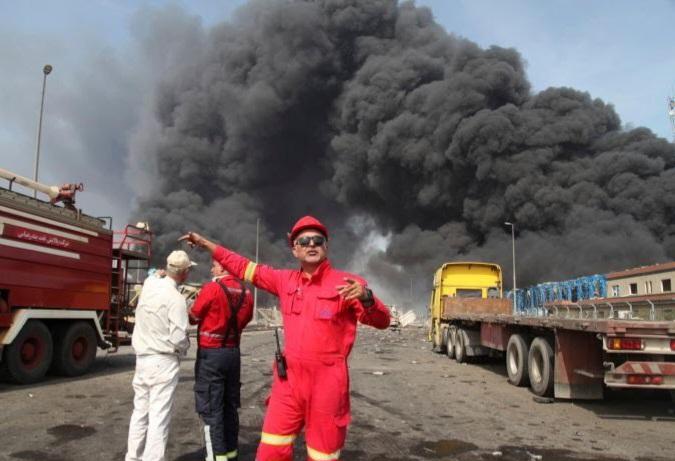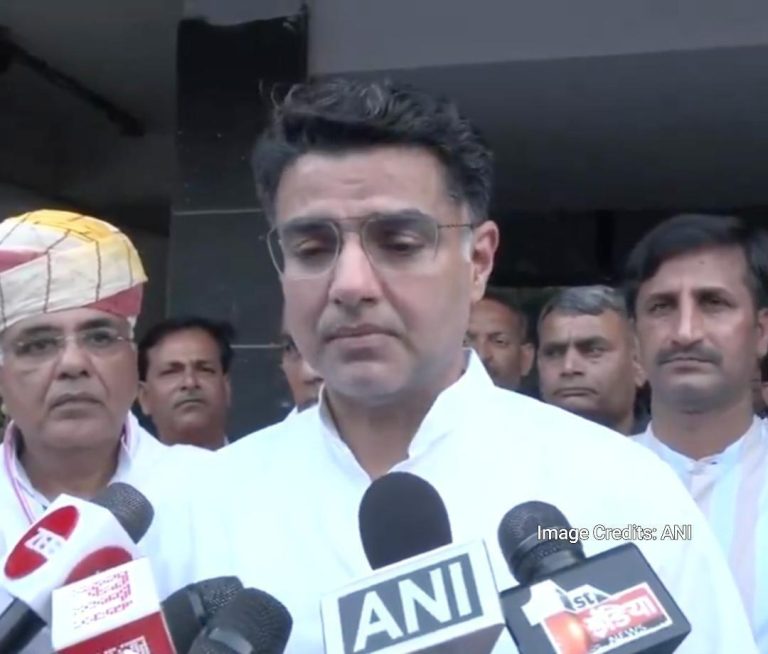
Explosion at Iran’s Bandar Abbas Port Sparks Suspicion of Sabotage
In a shocking turn of events, a massive explosion rocked Iran’s Bandar Abbas port on May 13, killing at least 25 people and leaving many more injured. The incident has sent shockwaves across the country and raised concerns about the possibility of sabotage. As the Iranian government launches an investigation into the blast, analysts are weighing in on the potential motivations behind the attack.
Bandar Abbas, one of Iran’s largest ports, is a critical hub for international trade and commerce. The city is situated on the southern coast of Iran, strategically located near the Strait of Hormuz, a key shipping lane. The port is a major exporter of goods, including oil, natural gas, and agricultural products.
According to eyewitnesses, the blast occurred at around 1:30 am local time when a container filled with flammable materials suddenly exploded, causing widespread destruction and chaos. The explosion was so powerful that it damaged nearby buildings, including a residential complex, and sent debris flying into the air.
The Iranian government has quickly moved to respond to the disaster, with President Hassan Rouhani issuing a statement offering his condolences to the families of the victims and promising to take swift action to investigate the incident.
Iranian authorities have launched a multi-agency investigation into the blast, involving the country’s security forces, including the Revolutionary Guards and the Islamic Republic’s Ministry of Intelligence. The investigation is focusing on several key areas, including the cause of the explosion, the identity of those responsible, and any potential connections to other recent incidents.
The timing of the blast is particularly concerning, coming as it does during a period of heightened tensions between the United States and Iran. The two countries have been engaged in nuclear talks, with the United States seeking to renegotiate the terms of the 2015 nuclear deal, which Iran has repeatedly threatened to withdraw from.
In a statement, Iranian Foreign Minister Abbas Araghchi, who has been leading the country’s negotiations on the nuclear issue, said that Iran’s security forces remain on high alert, bracing for potential attacks or provocations. Araghchi emphasized that the blast was a “terrorist attack” and vowed to take “decisive action” against those responsible.
While the investigation is ongoing, many analysts are pointing to the possibility of sabotage as a primary motive behind the blast. The container explosion is believed to have been caused by a combination of factors, including poor storage practices and inadequate safety measures.
In the aftermath of the blast, international leaders have expressed their condolences to the Iranian government and people. The United Nations Secretary-General Antonio Guterres issued a statement condemning the attack and urging all parties to exercise restraint and work towards a peaceful resolution.
As the investigation into the blast continues, many questions remain unanswered. What was the cause of the explosion? Was it an accident or was it intentionally set off? And what role, if any, did third-party actors play in the incident?
One thing is clear, however: the explosion at Bandar Abbas port has sent a chilling message to the international community. It is a stark reminder of the fragility of global supply chains and the importance of ensuring the security and safety of critical infrastructure.
Source: https://www.logisticsoutlook.com/logistics/bandar-abbas-port-or-sabotage



